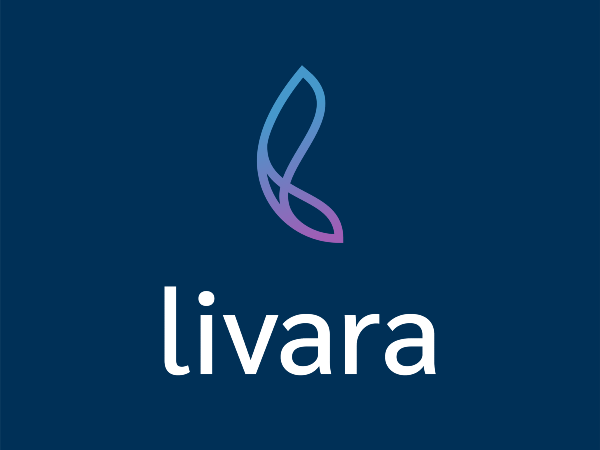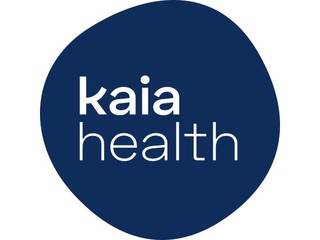 Like a lot of healthcare, musculoskeletal care has traditionally existed in a number of silos: a typical patient may touch primary care, physical therapy, imaging, surgeons, pain management and more, but the journey for each patient is not necessarily based on a focused care plan for success.
Like a lot of healthcare, musculoskeletal care has traditionally existed in a number of silos: a typical patient may touch primary care, physical therapy, imaging, surgeons, pain management and more, but the journey for each patient is not necessarily based on a focused care plan for success.
“Instead, care continues to escalate from one provider to the next. Along the way, many of the psychosocial support that may benefit patients such as mindfulness, nutrition, sleep habits and more go unaddressed,” said Rob Cohen, CEO of Livara Health (formerly SpineZone), a provider of value-based musculoskeletal (MSK) management which recently announced a $15 million Series B round of funding,
“For the patient in pain, there are often weeks between these visits during which time they are unsupported and they lack an advocate for the most conservative approach to their healing.”
Livara’s solution is to shorten this time by serving the risk bearing providers and payers.
On the provider side, these are primary care groups that take risk on total cost of care, such as Medicare Advantage, traditional Medicare through ACO REACH programs, or through even commercial value based arrangements with payers. Livara is able to go in and sub-capitate the MSK spend for them; the company can take referrals of MSK patients from physicians as well as analyzing claims data and clinical data and identify the patients or members that we think can benefit from our program.
“We can then manage those patients in a way that generates savings, from which we and our partners benefit, and produce a much better experience and outcome for the patients,” said Cohen.
On the payer side, Livara identifies members experiencing MSK issues, or those it can see will have musculoskeletal issues down the road, and it can put them through its program. The company take care of them and improves their outcomes while avoiding unnecessary surgeries and other procedures.
Within this segment, Livara has also identified a bit of a niche within utilization management, Cohen explained.
“We don’t do utilization management but as payers and others think about that experience and the friction it often causes with patients and providers, we’re able to catch patients before they have advanced to that point or as they advance to that point and put them through our program,” he said.
So far, Livara has treated over 120,000 people since its founding and entered 2024 with nearly 4 million people eligible to access its MSK management platform through both health plan and provider partnerships, including Medicare and commercially insured populations.
In a three year claims-based study of 20,000 MA patients in Southern California, Livara members showed a 54% reduction in surgeries compared to a group that attended traditional physical therapy as well as a 49% reduction in imaging. In the same study, cost of care for members referred to Livara was 45% lower than members referred elsewhere.
Meanwhile, in a 2 year study of 220,000 self insured members, those enrolled with Livara reported a 53% reduction in pain, 59% improvement in strength, and a 49% improvement in their functional goals.
The MSK space
There are a number of companies in the MSK space, including IncludeHealth, Kaia Health, Sword Health, and Luna Physical Therapy, many of which offer virtual physical therapy.
Unlike those companies, Livara has a particular niche, Cohen explained, making it one the few companies that “provides a truly comprehensive, end-to-end, multidisciplinary approach.”
“While we feel virtual care delivery is an important capability, we believe more is required for value-based MSK management. We offer an end-to-end, integrated, multidisciplinary program featuring care planning, care delivery, both virtual and in person, and care navigation. We assess patients using our analytics and our clinical experts, including surgeons, doctors of physical therapy, and other clinicians, and create a care plan for them,” he said.
That care plan often includes Livara’s hybrid approach to physical therapy and exercise, including online and in-person treatment as needed, as well as psychosocial interventions for mindfulness, sleep, nutrition, and habits, with the patient supported by an expert coach the entire time.
Livara monitors the patient’s progress and, if they are not progressing, it performs multidisciplinary clinical rounding with a full care team including surgeons, DPTs, social workers, and others to determine the right next step for the patient. The company then navigates the patient to the appropriate care, including high value community specialists if needed.
“What sets the Livara program apart is the end-to-end, coordinated approach and deep clinical model honed through 17 years of experience treating over 120,000 patients. The involvement of our clinical experts allows us to accurately assess and diagnose patients and educate and counsel them toward the right course of treatment,” said Cohen.
What’s next for Livara
The new funding round, which was led by A1 Health Ventures, with participation from existing investors Polaris Partners, Providence Ventures, Martin Ventures, and a new strategic investor, brings Livara’s total funding to $27 million raised to date, including a $12 million Series A in February 2021.
The company will use the funding for growth initiatives that include expanding its leadership team, sales and marketing, and scaling its clinical model.
“We strive to impact as many people as we possibly can to address their musculoskeletal issues and enable them to thrive in their lives and in the pursuit of their individual goals,” said Cohen.
“When we judge success, we are first and foremost measuring the impact we are having on individuals’ lives, meaning outcomes, the impact we are having on our payer and provider partners, and the number of individuals, payers, and providers we are helping.”





















